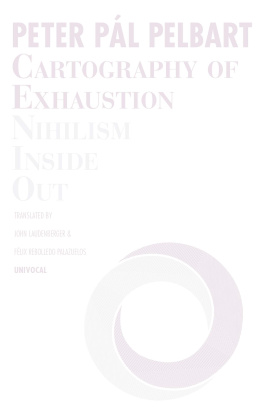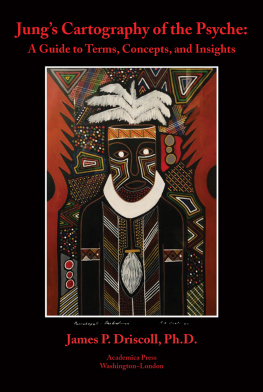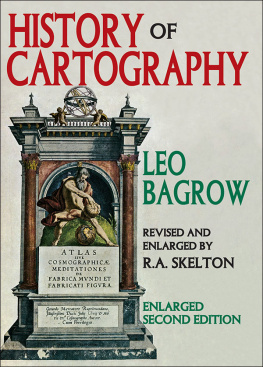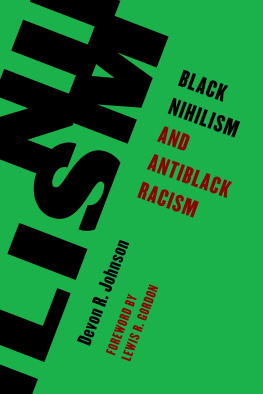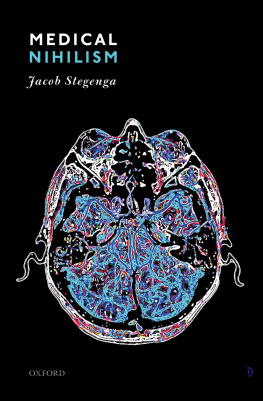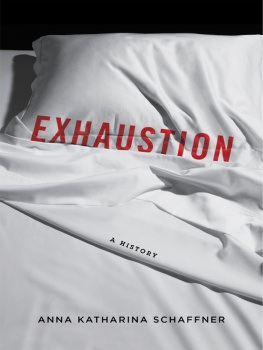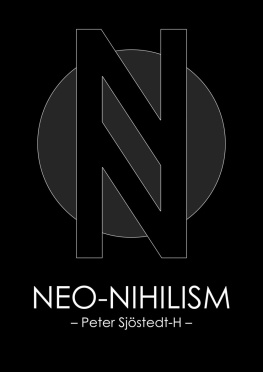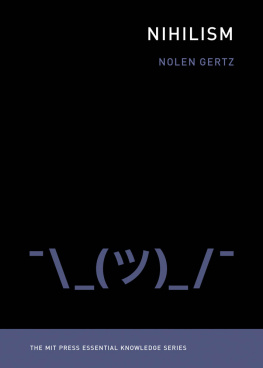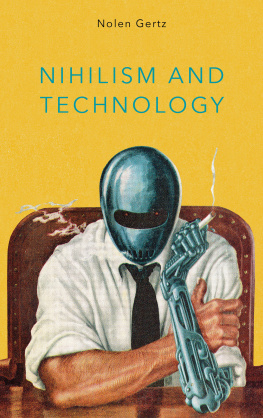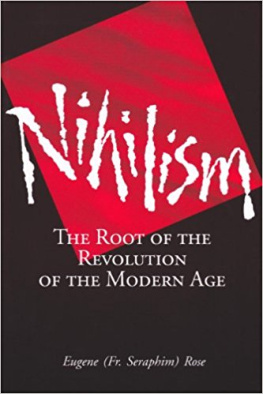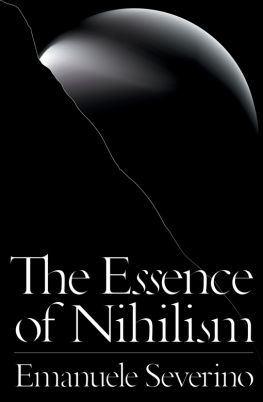Peter Pál Pelbart - Cartography of Exhaustion - Nihilism inside out
Here you can read online Peter Pál Pelbart - Cartography of Exhaustion - Nihilism inside out full text of the book (entire story) in english for free. Download pdf and epub, get meaning, cover and reviews about this ebook. year: 2016, publisher: University of Minnesota Press, genre: Science. Description of the work, (preface) as well as reviews are available. Best literature library LitArk.com created for fans of good reading and offers a wide selection of genres:
Romance novel
Science fiction
Adventure
Detective
Science
History
Home and family
Prose
Art
Politics
Computer
Non-fiction
Religion
Business
Children
Humor
Choose a favorite category and find really read worthwhile books. Enjoy immersion in the world of imagination, feel the emotions of the characters or learn something new for yourself, make an fascinating discovery.
- Book:Cartography of Exhaustion - Nihilism inside out
- Author:
- Publisher:University of Minnesota Press
- Genre:
- Year:2016
- Rating:3 / 5
- Favourites:Add to favourites
- Your mark:
- 60
- 1
- 2
- 3
- 4
- 5
Cartography of Exhaustion - Nihilism inside out: summary, description and annotation
We offer to read an annotation, description, summary or preface (depends on what the author of the book "Cartography of Exhaustion - Nihilism inside out" wrote himself). If you haven't found the necessary information about the book — write in the comments, we will try to find it.
Cartography of Exhaustion - Nihilism inside out — read online for free the complete book (whole text) full work
Below is the text of the book, divided by pages. System saving the place of the last page read, allows you to conveniently read the book "Cartography of Exhaustion - Nihilism inside out" online for free, without having to search again every time where you left off. Put a bookmark, and you can go to the page where you finished reading at any time.
Font size:
Interval:
Bookmark:
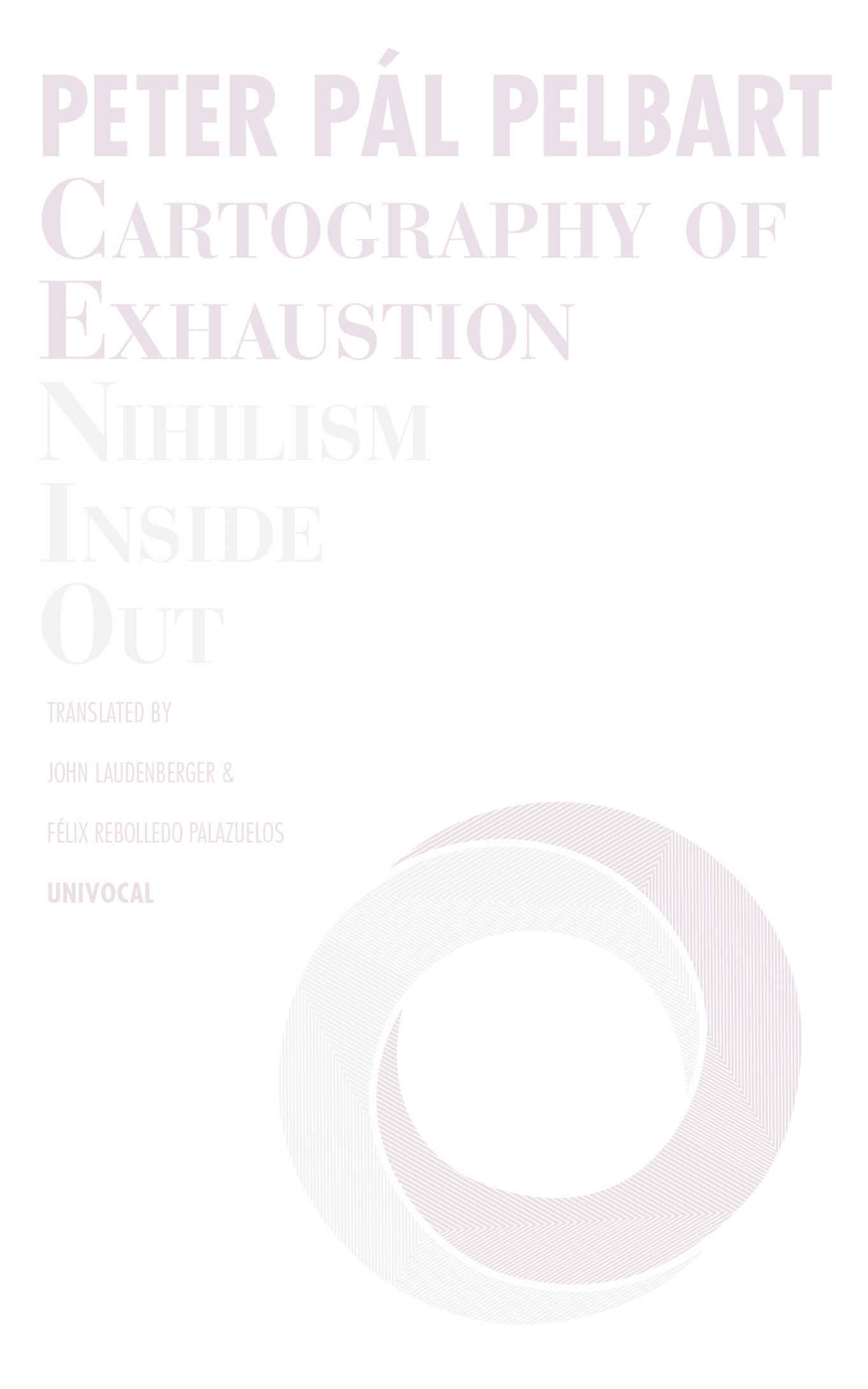
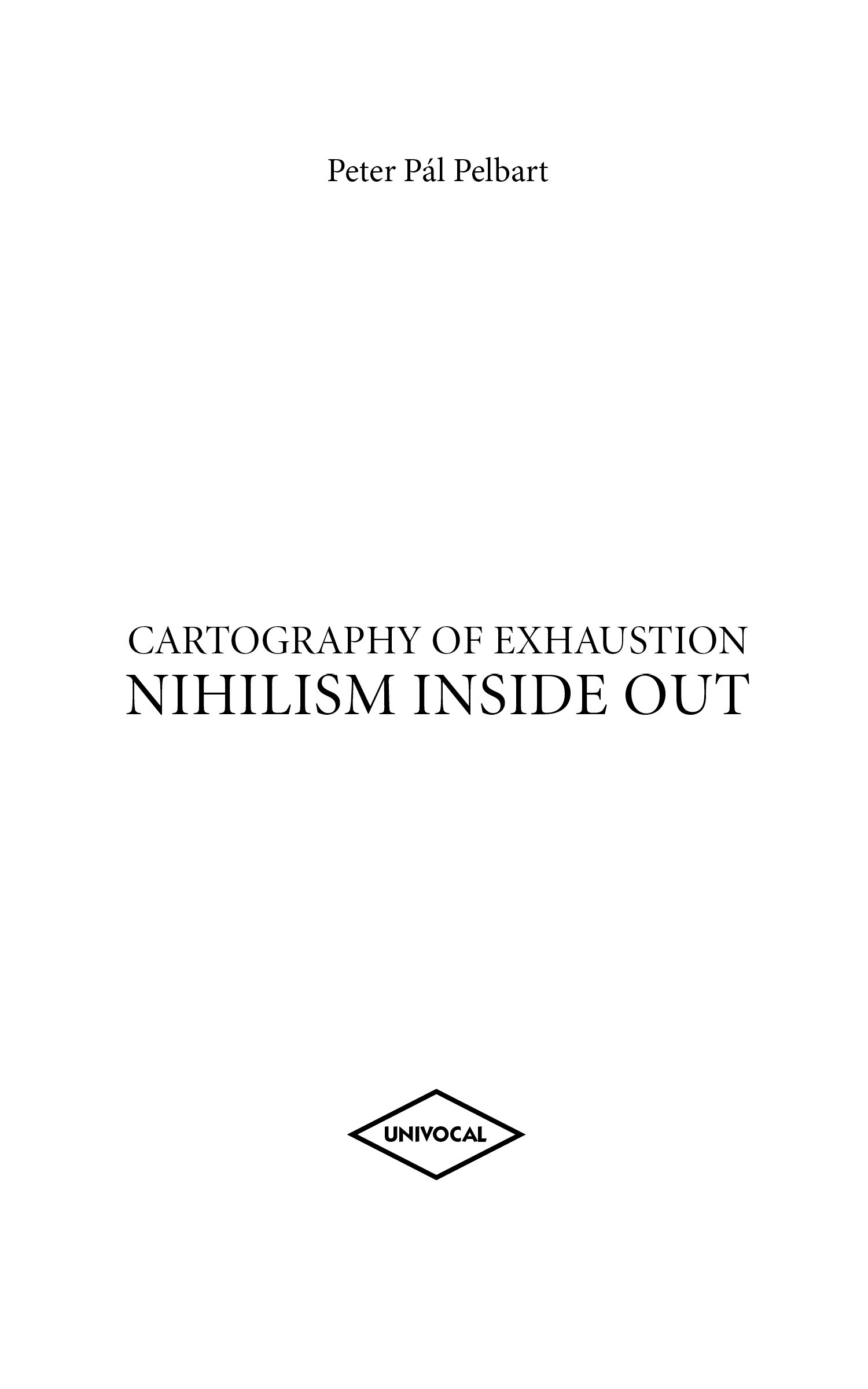
O AVESSO DO NIILISMO
CARTOGRAFIAS DO ESGOTAMENTO
by Peter Pl Pelbart
n-1 publications, 2013
Translated by John Laudenberger and Felix Rebolledo Palazuelos as
Cartography of Exhaustion: Nihilism Inside Out
First Edition
Minneapolis 2015, Univocal Publishing
Published by Univocal
123 North 3rd Street, #202
Minneapolis, MN 55401
www.univocalpublishing.com
Designed & Printed by Jason Wagner
Distributed by the University of Minnesota Press
No part of this book may be reproduced or transmitted in any form
or by any means, electronic or mechanical, including photocopying,
recording or any other information storage or retrieval system,
without prior permission in writing from the publisher.
ISBN 9781937561789
Library of Congress Control Number 2015955620
Table of contents

I
Life, Body, Power
How to Live Alone?
The Populated Solitude
In the early eighties, in a class about cinema, if I remember correctly, Deleuze was interrupted by a rather fraught student, perhaps one of Guattaris patients, or a former La Borde inmate, amidst such a heterogeneous audience, composed of philosophers, architects, painters, drug addicts, vagrants. He asked Deleuze why people were so alone, why there was such a lack of communication nowadays, and unraveled his sad story about how we are victims of abandonment and helplessness. And Deleuze, sensing that his class was being driven off track, replied politely, before proposing a small break: the problem is not that we are alone, but rather that we are not left alone enough. Indeed, Deleuze never tired of writing that we suffer from an excess of communication, that we are riddled with pointless talk, insane quantities of words and images, so that it is no longer a question of making people express themselves, but rather to provide small vacuoles of solitude and silence in which they might eventually find something to say. To conjure the gentleness and the right to have nothing to say is perhaps the condition so that one might form the rare, or even rarer, thing that might be worth saying.
But what is this solitude that Deleuze called for, one that he came to qualify as absolute solitude when referring to the creator, a condition that he finds in Nietzsche, Kafka, Melville, Godard, and so many others? It is the worlds most populous solitude. Populated not with dreams, phantasms or plans, but with encounters.
Thus, it is anything but solipsism. Solitude is the means by which one deserts the form of the Ego and its infamous commitments to a determined totality in favor of a different combination with the flows of the socius and of the cosmos in such a way that the solitarys challenge, contrary to any autistic reclusion, is always to find or rediscover the most connections. To call for a people to come. To make another community possible. To establish a different interaction between the singular and the common.
Take the figure of Bartleby, the scrivener described by Melville, who replies to every order of his boss as such: I would prefer not to. The lawyer oscillates between fraternal compassion and indignation, between pity and repulsion, with this employee planted behind the screen, who barely speaks, barely eats, pale and thin like an irremovable lost soul. With such passivity, Bartleby empties out meaning and neutralizes the cogwheel that previously turned the gears of the world making everything run. By way of a deterritorialization of language, places, functions, and habits, he enables everything to break away in an unbridled flight. From the depths of their solitude, these individuals not only reveal the refusal of a poisoned sociability, but are the calling for a kind of new solidarity; the plea for a community to come. Not the community based on hierarchy, paternalism, or compassion, as his employer would like to offer, but the community of celibates, the society of brothers, a federation of men and goods. A community of anarchist individuals, which Deleuze often finds in American literature, as opposed to the inquisitorial utopia of the collective soul. And he asks: what remains of souls once they no longer cling to an identity, but also refuse to melt into a universal totality? What remains is precisely their originality, that is, a sound that each one produces when taking to the open road, when leading life without seeking salvation, when embarking upon an incarnate voyage, without any particular aim, and then encountering other travelers, recognizing them by their sound. Against the European morality of salvation and charity, there is a morality of life in which the soul is fulfilled only by taking the road, exposed to every contact, never trying to save other souls, turning away from those who produce an overly authoritarian or groaning sound, forming even fleeting and unresolved chords and accords. The community of the celibates is that of whichever man and his singularities that cross one another: neither individualism nor communalism.
Apparatus of Life
In light of these remarks, allow me to mention a course given by Roland Barthes many years ago on the subject of How to Live Together , when he confessed that the title resulted from a kind of obsession, and his research on the subject, therefore, was the fruit of a fantasy that had long been haunting him. Interestingly, Barthes only states this fantasy of living together and discards collectivist utopias where everything is meticulously regulated and shared. How to live together and escape tyrannical gregariousness? How to reject forms of living together that suffocate singularity? Maybe by inventing a game made of distances and differences. A socialism of distances, where what is shared is the asymmetry.
But another note creeps in at the end of Barthes' course, without which this panorama could not be complete: the experience of dpaysement, of expatriation, of voluntary exile. To drop everything, to escape, to leave, even if the nature of this movement is internal, spiritual, imperceptible, carried out with no ostentation or vanity. As if any collective were unthinkable without a line of flight. Perhaps community itself, in the strong sense of the word and history is full of examples can only be born out of a desertion, an exodus, however solitary, mystical, or psychotic it may seem.
I Need to Die a Little
In a more clinical context, psychoanalyst Nathalie Zaltzman evokes the anarchist drive of the uncompromising, beings whose lives are punctuated by dramatic ruptures, and who fight fiercely against imprisoning organizations of life. If these lives can give off an almost epic image, we must remember that these people are caught in a solitude that can neither be shared nor alleviated, they are devoid of what we habitually surround ourselves with in order to protect us from solitude and death. What matters above all is to ascertain the extent to which they do not attach themselves to anyone or anything, to what extent they remain free to abandon everything, to spoil everything to give everything. They are not worried about protecting the reasons that bind them to life; what keeps them busy is making sure they are free of any ties. For they do not go into exile from themselves, they expatriate themselves in every corner of their lives. This is attested by the anarchist geographer Elise Reclus, who was repeatedly deported, exiled, imprisoned: Im tired of eating and drinking, sleeping in a bed, and walking around with full pockets. I need to die a little from hunger, to sleep on the gravel . Here is, by tortuous paths, an urgency to show that one is alive, even at the price of constantly being exposed to death. The anarchist drive is that which fights the binding intention of Eros, which is annexation, ownership, annulment of alterity gregariousness. The libertarian impetus, with its anti-social charge, has a demoniacal, or even terroristic, halo. But what is at stake, even here, is a resistance against the unifying domain, deceptively idyllic, sweetening and leveling of ideological love, an impulse to make the whole structure of Power, authority, connection, and their sacred fantasies fly through the air. To relieve yourself from the love that embraces and paralyzes everything is not Thanatos, but rather a vital struggle against death. I think that many of Dostoyevskys characters are of this type; they experiment with their leeway, mobility, vitality, even if they need to flirt with the demonic. Opposed to Dostoyevskys Grand Inquisitor, who guarantees the herds pacified happiness by paying for their docility, the Underground Man is unwillingness personified, the refusal of the promise of narcotic quietude, the frenetic rejection of all truth, divine or scientific, in favor of an impatient freedom. Clearly we know that the Grand Inquisitor has now acquired his biotechnocapitalistic and planetary version what remains is knowing who the underground men of today are.
Font size:
Interval:
Bookmark:
Similar books «Cartography of Exhaustion - Nihilism inside out»
Look at similar books to Cartography of Exhaustion - Nihilism inside out. We have selected literature similar in name and meaning in the hope of providing readers with more options to find new, interesting, not yet read works.
Discussion, reviews of the book Cartography of Exhaustion - Nihilism inside out and just readers' own opinions. Leave your comments, write what you think about the work, its meaning or the main characters. Specify what exactly you liked and what you didn't like, and why you think so.

